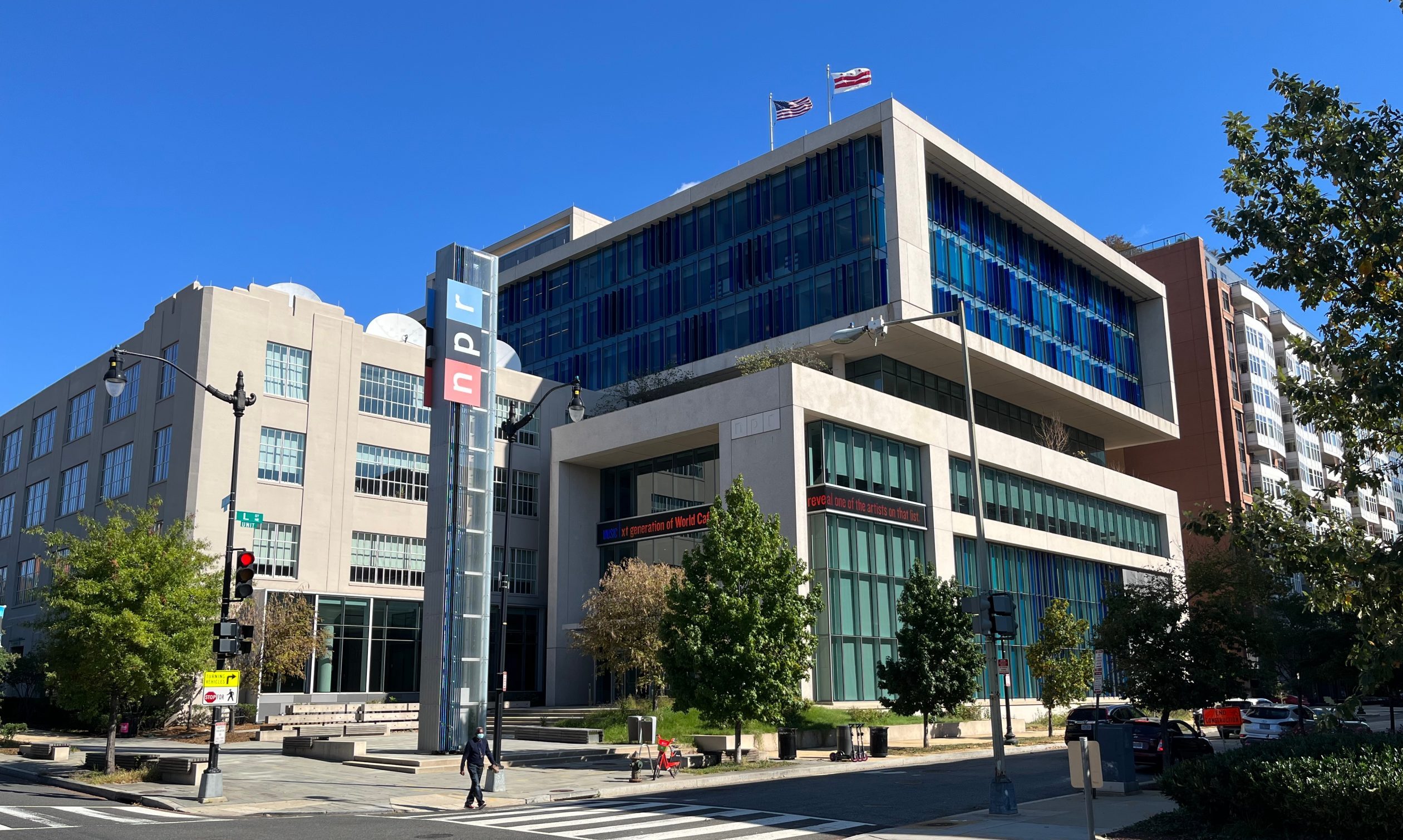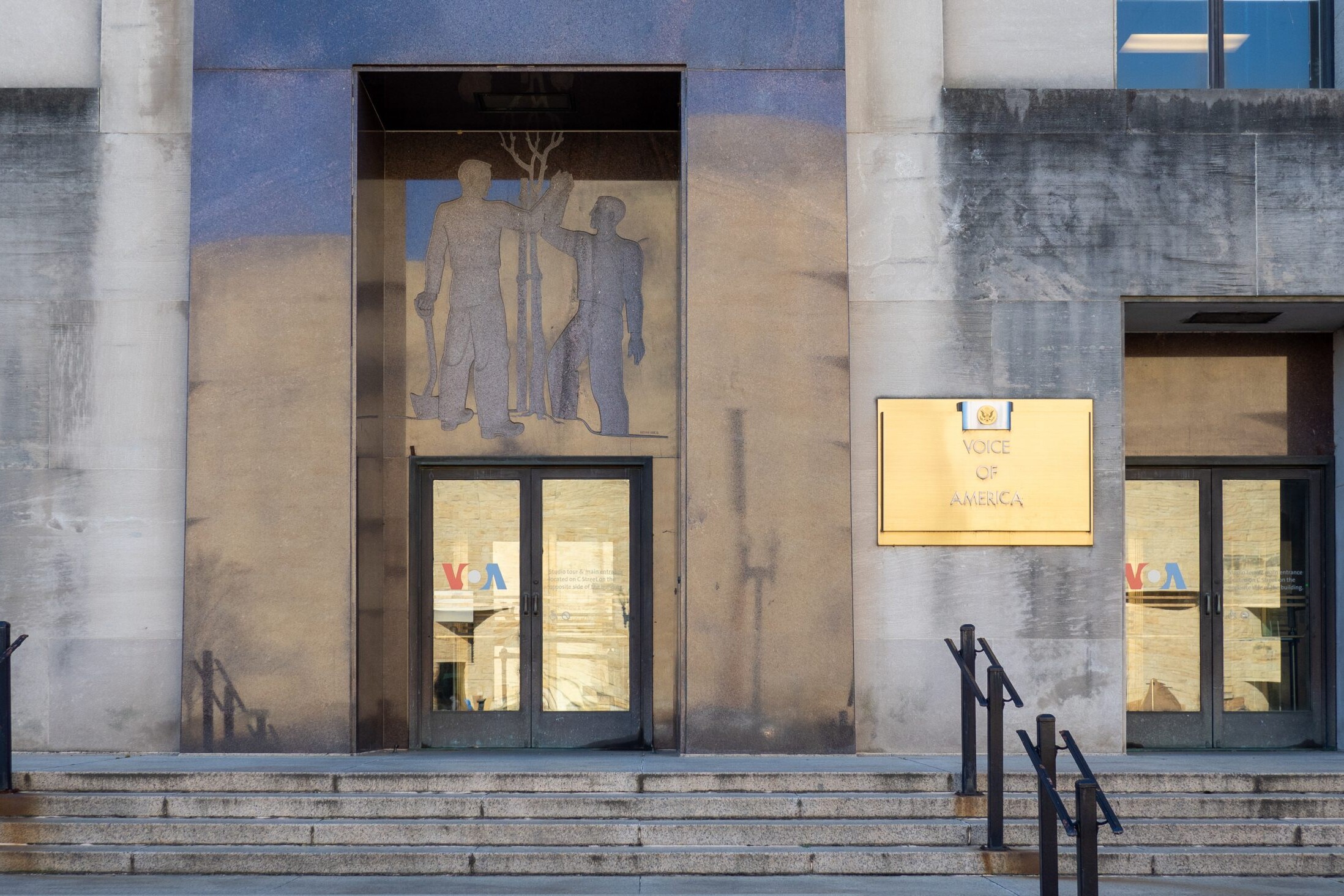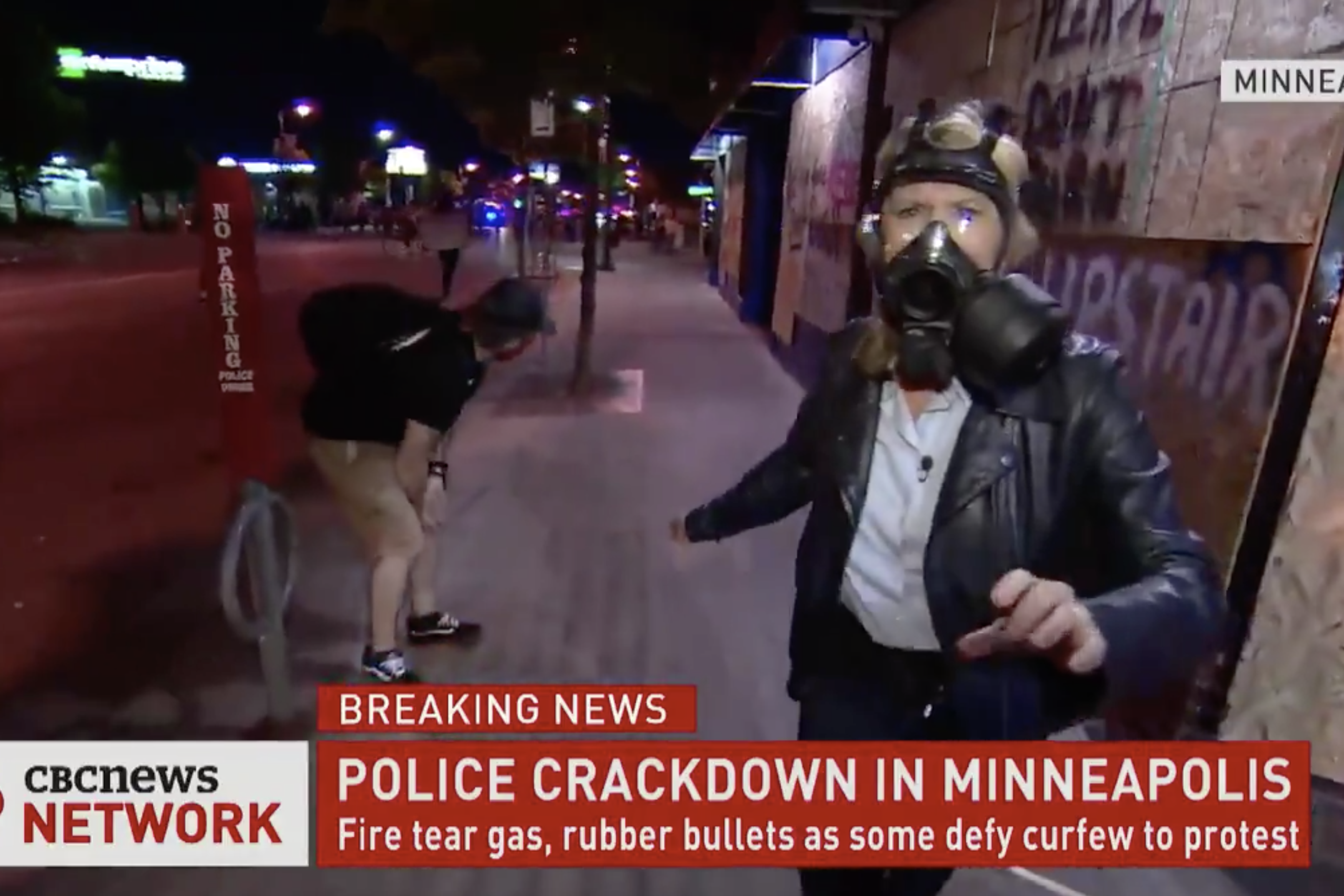US: Concern over political interference at West Virginia Public Broadcasting
7th March 2023
Years-long political pressures on West Virginia Public Broadcasting (WVPB) have emphasised the struggles of US public media in increasingly polarised landscapes and the need for greater editorial independence.

State officials from West Virginia have used their position to undermine the editorial independence of the state’s public broadcaster, a report from NPR has alleged.
Notably, one part-time journalist, Amelia Ferrell Knisely, was fired in December 2022 in what some claimed was a retaliation for her critical reporting of a state agency. According to WVPB’s Chief Executive Carl Antolini, Ms. Knisely was fired when a full-time reporter was hired. But NPR’s report placed Ms. Knisely’s firing within the context of years of pressure on the public media organisation from state legislators, notably Governor Jim Justice and his administration. Pressures included threats to WVPB and its journalists, leading to self-censorship among staff and the suppression of stories.
Since early 2017, politicians have sought to eliminate state funding, seemingly in response to critical reporting on Mr. Justice during his electoral candidacy. Mr. Justice sought to remove all state funding for WVPB – a move that would have shuttered the station, state public broadcasting officials said at the time. The governor relented after widespread pushback, but nonetheless, state legislators still cut the public broadcaster’s state funding by approximately $1 million. The cut – representing about 10% of WVPB’s entire budget – resulted in job cuts.
The public media organisation was later moved from the State Department of Education and the Arts to the Department of Arts, Culture and History, overseen by the governor-appointed state arts curator and a board called the Educational Broadcasting Authority. WVPB continued reporting on the governor’s failure to meet his obligations, even amidst pressure from senior station officials to stop covering Governor Justice’s business affairs.
In August 2021, Mr. Justice appointed five new members to the West Virginia Educational Broadcasting Authority. Two months later and the Authority fired the then Chief Executive, Chuck Roberts, and replaced him by Mr. Antolini to serve as West Virginia Public Broadcasting’s acting executive director. Mr. Antolini – Mr. Justice’s former communications director – is said to have intervened repeatedly in journalistic decisions and placed critical coverage of the state government under extra scrutiny.
“We all knew that our jobs could go at any moment if politicians fought that hard enough,” former WVPB reporter and producer Roxy Todd said. “Governor Justice’s presence was always looming over us.”
The situation at WVPB has drawn international concern and attention. Reporters Without Borders criticised the “pattern of meddling” by state officials and called for “greater transparency in WVPB’s editorial decisions with a clear line drawn between political leaders and journalistic staff.”
Public broadcasting in America plays a critical and “outsized” role in local media landscapes. It continues to provide local news and journalism for audiences, while local private media has been decimated, leading to widespread news deserts, and a lack of accountability for authorities. The Guardian reported last June that two newspapers were closing every week in the US, leaving 70 million Americans with either only one or no local news organisation. While it is becoming increasingly evident that government assistance will be required if any local private news outlets are to survive, public broadcasting will always remain an integral part of the solution.
The situation facing WVPB is highly concerning and must be immediately addressed. Editorial independence is the cornerstone of public service media, and public media journalists should not be directly or indirectly censored. Politicians need to recognise the importance of independent public service journalism to democracy, and instead of attacking them, must instead support their role in holding power to account.
Subscribe toour newsletter
Keep updated with the latest public
media news from around the world
Elsewhere in US public media
News of WVPB’s undermining comes against the backdrop of a new Republican-led House of Representatives. US public broadcaster PBS has already given consideration to how a change in Congress might impact funding for public broadcasting.
“Every time there’s a change in Congress, we always try to imagine what will be the conversations that take place,” PBS president/CEO Paula Kerger said recently. “Some stations, particularly smaller stations, a percentage of their operating budget that comes from the federal is significant. So for them, if that funding were to significantly decline or even disappear, it would be an existential crisis.”
The effects of this political swing have already been witnessed in West Virginia. The state has become increasingly conservative, with Republicans – many of whom are sceptical of public broadcasting – now holding a legislative supermajority. There are concerns within West Virginia that state lawmakers will use previous controversies to cut WVPB’s funding, NPR reported.
Meanwhile, financial challenges are being experienced elsewhere. NPR’s chief executive, John Lansing, recently announced that the public radio network would lay off at least 100 people – approximately 10% of its current workforce – and remove most vacant positions. Mr. Lansing attributed the decision to the erosion of advertising, particularly for NPR podcasts, and the generally difficult financial outlook for the media industry.
“When we say we are eliminating filled positions, we are talking about our colleagues – people whose skills, spirit and talents help make NPR what it is today,” Lansing wrote in a staff memo in late February. “This will be a major loss.”
NPR is yet to announce which jobs will be impacted, but Mr. Lansing indicated that the cuts would not fall evenly across the organisation. The final decisions on which jobs will be cut are expected by the week of March 20.
Revenues are likely to fall short by anywhere between $30 million to $32 million, Mr. Lansing said. NPR’s annual budget is about $300 million.
Related Posts
21st January 2021
Hopes for editorial independence restored as USAGM CEO resigns
Hopes for editorial independence…
28th October 2020
USAGM CEO removes “firewall” protecting editorial independence
CEO of the U.S. Agency for Global Media…
2nd June 2020
The Public Media Alliance condemns attacks on journalists and media workers during protests in the USA
As Black Lives Matter protests spread…

